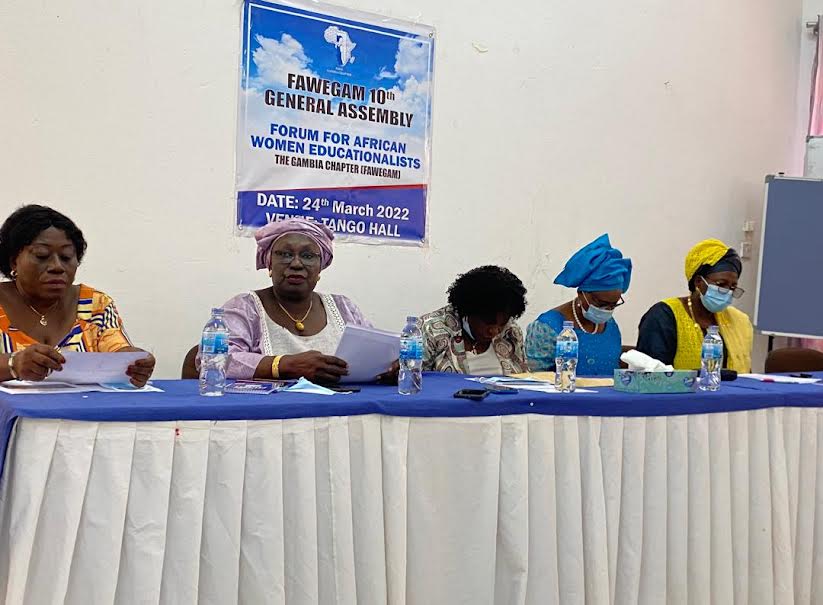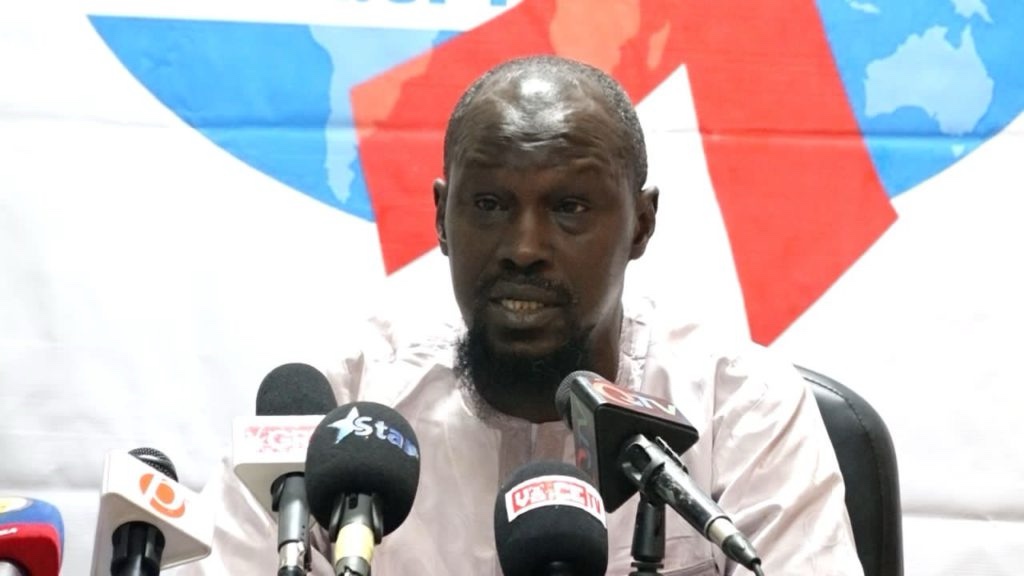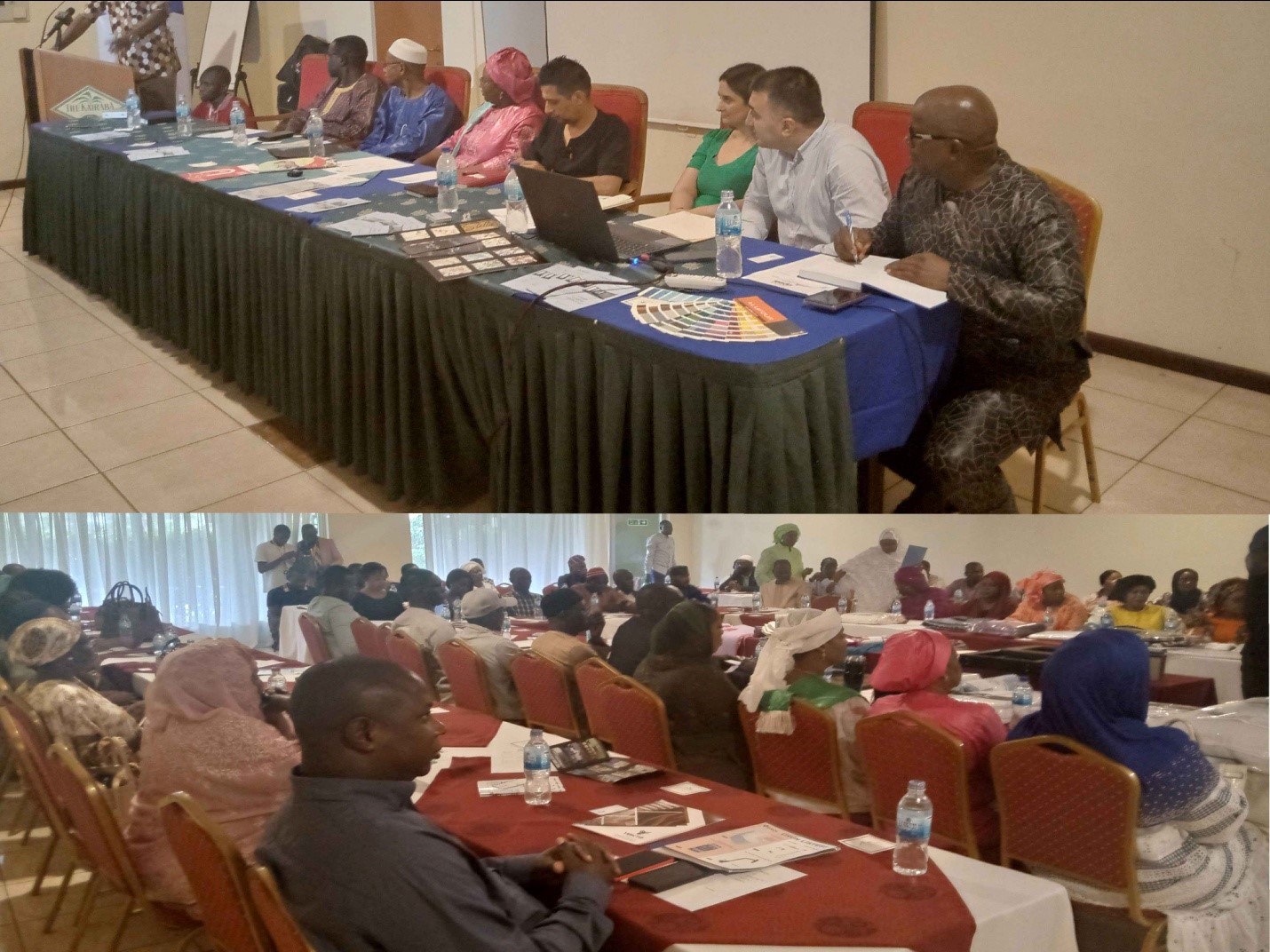By Binta Jaiteh
Forum for African Women Educationalists- The Gambia has been tasked by its main body to work towards moving girls’ education in the country and promote women empowerment.
Speaking at the 10th general assembly conference held at TANGO Amicoleh Mbaye, board member of the Forum for African Women Educationalist (FAWEGAM) the Gambian chapter said: “we have been tasked to work closely with our National Chapters in order to move the agenda of girl’s education and women empowerment forward.”
According to her, with FAWE’s strategic direction calling for action in key areas such as Education policy, advocacy, demonstration intervention and replication mainstreaming.
Meanwhile, Claudiana Cole, minister of Basic and Secondary Education (MOBSE) said that: “today there are 33 chapters across sub-Saharan Africa, FAWE Gambia has been one of the chapters that has contributed, much amongst the 33 chapters towards the education for all sustainable development goals. She said when FAWE was being set up, low enrollment of girls in school and illiteracy of women was a very huge concern.”
‘’But today girl’s enrolment in schools is no longer an issue as we have reached parity in enrolment since 2005 adding that we are concerned about more girls not attending universities secondary school and about why girls are not taking up STEM subjects. We are concerned about more girls not attending universities, colleges and other tertiary institutions after completing secondary schools,” she added
Beatrice Mboge, chairperson of the organization said: “we are proud to be at the forefront of the movement of Africans leading African development and our unique insight into the issues for African girls and communities allows us to develop tailored, sustainable and gender responsive interventions that work. Our strategic objective is to enable girls across Africa to access high quality education, complete schooling and perform at all levels. To also ensure knowledge and learning of gender and education are managed and shared for the benefit of all working in this field.”




